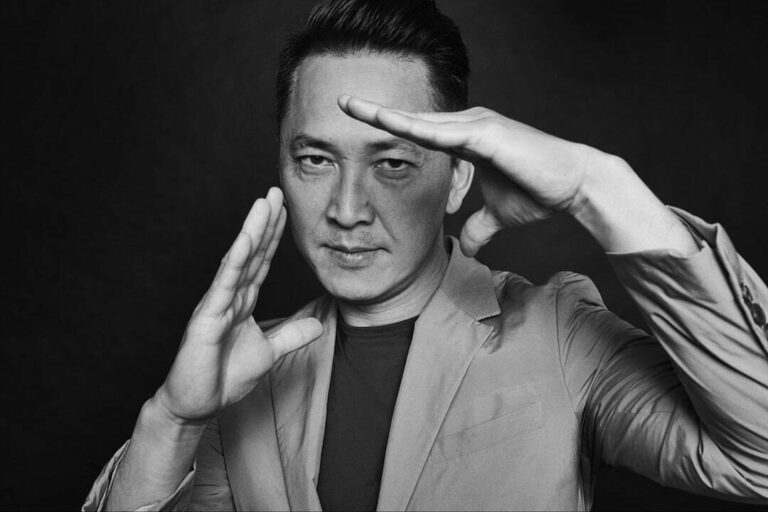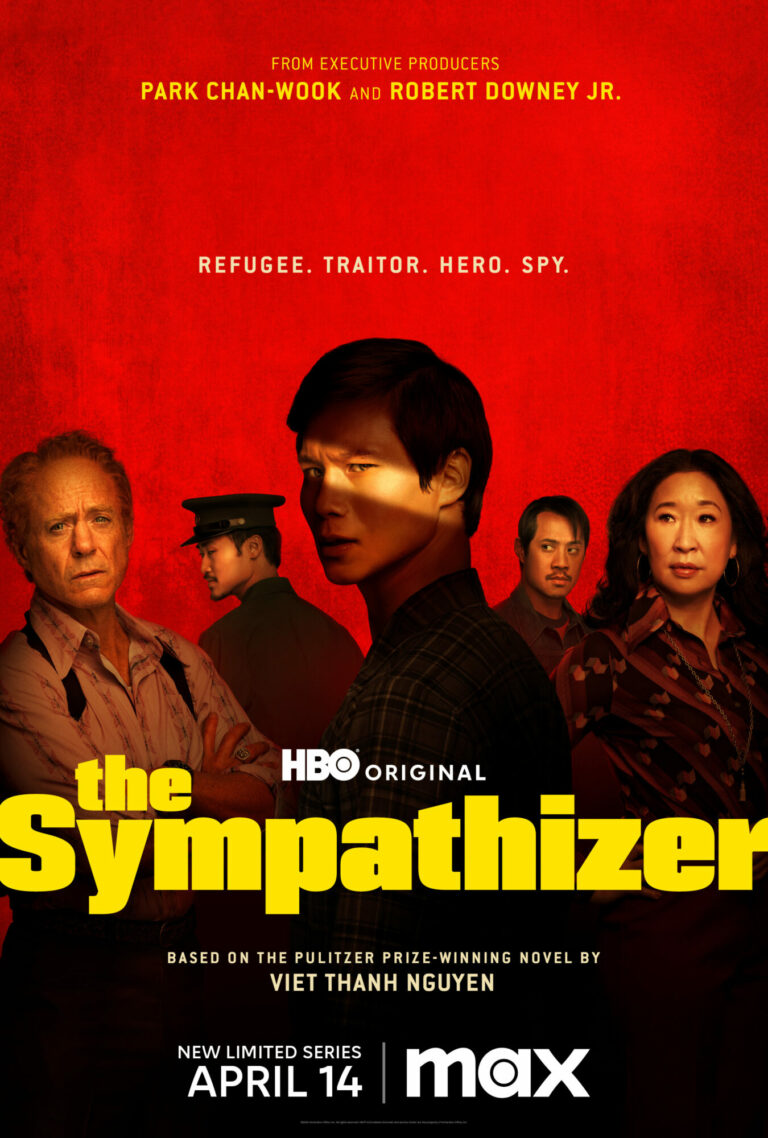The MacArthur Foundation has awarded Viet Thanh Nguyen with a 2017 MacArthur Fellowship for his work as a fiction writer and cultural critic. In particular, the MacArthur Foundation recognizes Viet Nguyen’s contributions to “challenging popular depictions of the Vietnam War and exploring the myriad ways that war lives on for those it has displaced.”
The MacArthur Foundation awards fellowships to “talented individuals who have shown extraordinary originality and dedication in their creative pursuits and a marked capacity for self-direction.” The MacArthur Fellowship is a $625,000, no-strings-attached award to extraordinarily talented and creative individuals as an investment in their potential.
Read the transcript here:
Viet Thanh Nguyen:
The long game is to think about how my work can try to influence the memory of this war far into the future after I’m gone. My name is Viet Thanh Nguyen. I’m a professor at USC and I’m a fiction writer and a cultural critic.
The Vietnam War was very important to the way that Americans saw or didn’t see people like me. And I realized that the way that Americans were telling stories about this war were completely erasing Vietnamese experiences. Memory for me begins with being a refugee, with the trauma of separation. And I grew up deeply immersed in the stories of the Vietnamese refugee community in California, and aware that these stories that people were telling and the depth of their emotions were in the things that were completely invisible and inaudible to the larger American population.
As a refugee, I found myself needing solace in a world of books. And that’s how I came to fall in love with books and how I wanted to become a writer from that moment. With The Sympathizer, I wrote it as a spy novel but it’s not an easy spy novel. It’s a spy novel that’s informed by theory and philosophy and Marxist critique and things like this, which is all disguised in the action of the plot and the character. But my hope there is that using the spy novel as a genre, I can draw readers in to engage with the history of the Vietnam War. And that’s what The Sympathizer is about.
I think I began thinking that one of literature’s tasks was to give voices to the voiceless and to humanize people. And this is especially true for minorities in this country, right? When we don’t have access to getting our stories out there. And so my first book of stories, The Refugees, worked exactly in that register, trying to humanize Vietnamese people. But eventually, I realized that this was a task that was doomed to defeat. Because we are already human. Why would we need to humanize ourselves? People who belong in the majority never feel the need to humanize themselves because they can already assume their humanity. Right?
And so, when it came to writing The Sympathizer, I thought, “I’m done with trying to prove the humanity of Vietnamese people.” Instead, I want to show them in all their complexity, which means their inhumanity too. Not inhumanity as a stereotype but inhumanity as a fundamental part of human character. And that was really, I think, the more important project for writers such as me, writers who belong to subjugated or subordinated populations is that our task is not to humanize. Our task is to claim the same rights and prerogatives of subjectivity and identity and complex humanity and inhumanity that the majority reserves for itself.
I hope that what people would take from my work is the necessity of thinking and feeling from the position of people who are not like them. It’s a natural human tendency to think and feel for people who we think are like us. And this is both very human and also very disastrous. This is partly what gets us into war and conflict. Because we can’t imagine the perspectives of other people. And my work has been very much about that. Not simply to say, “Oh, we need to revise the history of the Vietnam War so that we know more about Vietnamese people.” Well, the problem there is that the Vietnamese people don’t want to think and feel about other people either. So the larger project is really about an expanded capacity for empathy.
The following is an excerpt from the New York Times article announcing the 2017 MacArthur Fellows.
Mr. Nguyen, who won the 2016 Pulitzer Prize for his novel “The Sympathizer,” said he wanted to use some of the money to hire an editor to oversee the blog he created for the Diasporic Vietnamese Artists Network, as recognition to the broader tradition that made his own success possible.
“I think back to the first Asian-American writers,” he said. “They were really lonely people back then. They deserve this fellowship, too.”
Mr. Nguyen, a professor of English and American Studies and Ethnicity at the University of Southern California who has toggled between fiction and scholarship, added that the honor came with something paradoxical: a new opportunity to fail.
“I’ve always been someone who didn’t understand why we had these boundaries between disciplines, but when you try something new it can be humiliating,” he said. “Hopefully that’s something the MacArthur will enable: to continue risking humiliation.”


